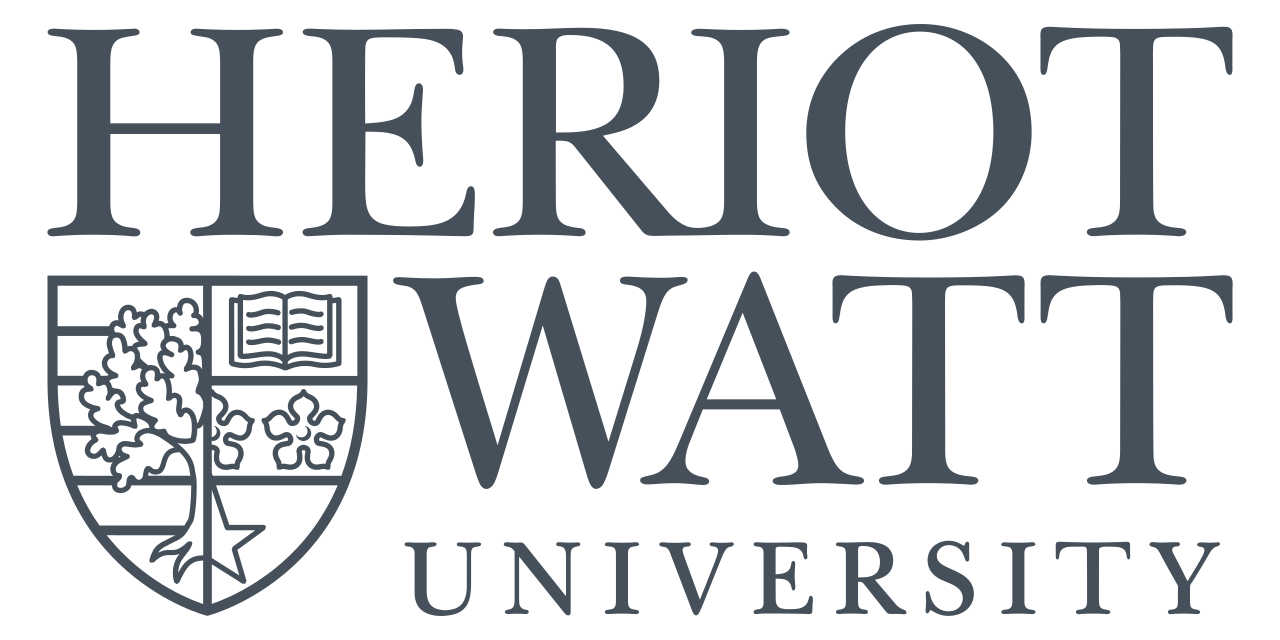
MSc Civil Engineering and Construction Management
Heriot-Watt University, The School Of Energy, Geoscience, Infrastructure And Society (EGIS)
Overview
Modern civil engineering professionals often require an extensive understanding of construction management due to the strategic benefits it can bring to both individuals and project teams.
As the industry becomes more competitive, organisations and their clients are increasingly demanding the combined time, cost and quality assurances that good project management practice provides. Furthermore, the industry now recognises that there is a need for engineers to gain specialist technical knowledge which compliments their academic and professional background.
The course uses experience from our internationally recognised Construction Project Management course and combines it with our high-profile Civil Engineering postgraduate course to provide a broad and valuable education. As a result, our recent graduates have been employed by a range of both national and international employers.
Programme Duration
Online Learning: The fastest this MSc can be completed is in 2½ years. The maximum completion timeframe is 8 years. On average, most students complete a MSc in 3-4 years.
Programme Outline
The MSc/Postgraduate Diploma in Civil Engineering and Construction Management, led by Dr. Benny Suryanto, consists of up to three mandatory construction management courses (CM). Students also choose up to six civil engineering (CE) courses from a list of specialist options as detailed below. MSc students also complete a research dissertation.
(1) Construction Management courses (choose a minimum of two)
- Project Management: Theory and Practice (Semester 1)
- Value and Risk Management (Semester 1)
- Construction Financial Management (Semester 2)
- Project Management Strategic Issues (Semester 2)
(2) Technical Civil Engineering courses (choose a minimum of five)
- Ground Engineering (Semester 1)
- Structural Dynamics and Earthquake Engineering (Semester 1)
- Structural Materials (Semester 1)
- Environmental Hydrology and Water Resources (Semester 1)
- Advanced Design of Steel and Steel-Concrete Composite Structures (Semester 2)
- Computational Modelling of Concrete and Steel (Semester 2)
- Foundation Engineering (Semester 2)
- Plastic Analysis of Structures (Semester 2)
- Coastal Engineering (Semester 2)
- Urban Drainage and Water Supply (Semester 2)
- Water and Waste Water Treatment (Semester 2)
- Safety, Risk, and Reliability (Semester 2)
(3) Non-technical Civil Engineering courses (choose a maximum of one)
- Environmental Geotechnics (Semester 1)
- Sustainability for Construction Professionals (Semester 1)
Programme Fees
| Status | Per course | Dissertation |
|---|---|---|
| UK / EU / Overseas | £1,440 | £1,850 |
Additional fees information
Students pay £1440 per course and £1850 for the Dissertation. This programme consists of 8 courses (modules). MSc students are also required to submit a Masters dissertation.
Entry Requirements
For MSc level entry applicants must have:
- Minimum of 2:2 honours degree or equivalent academic qualification in cognate and semi-cognate subject area.
- Corporate (or chartered) membership of relevant professional institutions will also be considered.
For PG Diploma level entry applicants must have:
- Third class honours degree in a cognate or semi-cognate subject area PLUS 2 years of relevant experience at an appropriate level completed post qualification.
- Cognate or semi-cognate ordinary degree PLUS 3-4 years of relevant experience at an appropriate level following graduation.
- Candidates who do not meet the above entry requirements or have no formal academic qualifications will be considered individually based on their CV and interview. Admission via this route will be at the discretion of the Director of Admissions and the number of successful applicants will be restricted.
Student Support
Distance learning students rely on the provision of practical study guides, detailed course texts (or a required text book) and/or comprehensive lecture notes, tutorial examples and fully worked solutions through the Virtual Learning Environment (VLE).
Communication with academic staff, dedicated IDL tutors and other students is either provided through the VLE in the form of email, discussion groups, or other tools (e.g. blogs, wikis). Students are also encouraged to participate in discussion with
other students and more experienced work colleagues. Courses will usually include objectives, theory, applications in the real world, worked examples and exercises that usually form part of the formative assessment and feedback for the individual courses. Some courses also have a coursework component to address a deeper level of understanding of more complex and lengthy problems or where practical software applications are required.
Exam Structure
The programme uses a range of assessment types.
Coursework is used to develop problem solving skills, to demonstrate mastery of techniques taught as part of the course that would be too lengthy to undertake as exam questions or where software applications are required. Coursework also helps develop professional report writing skills with emphasis on correct report structure, writing style, resume, and referencing. All courses have some form of formative assessment that provide self, peer or staff feedback as required.
Examinations make up the majority of summative assessment as these are the best way to be certain of testing the capabilities of the individual student against the course aims
Each student progressing to the MSc dissertation will be required to demonstrate good research skills and a deeper level of critical thinking and analysis than can be assessed by exam
